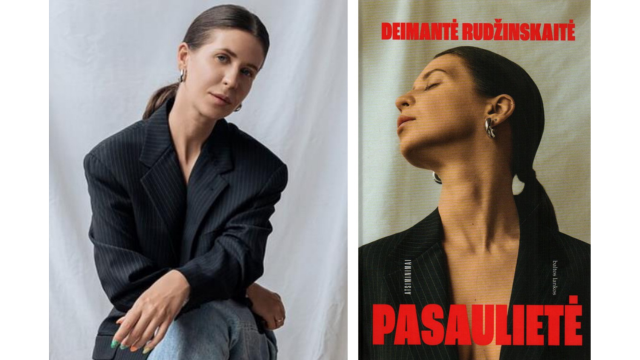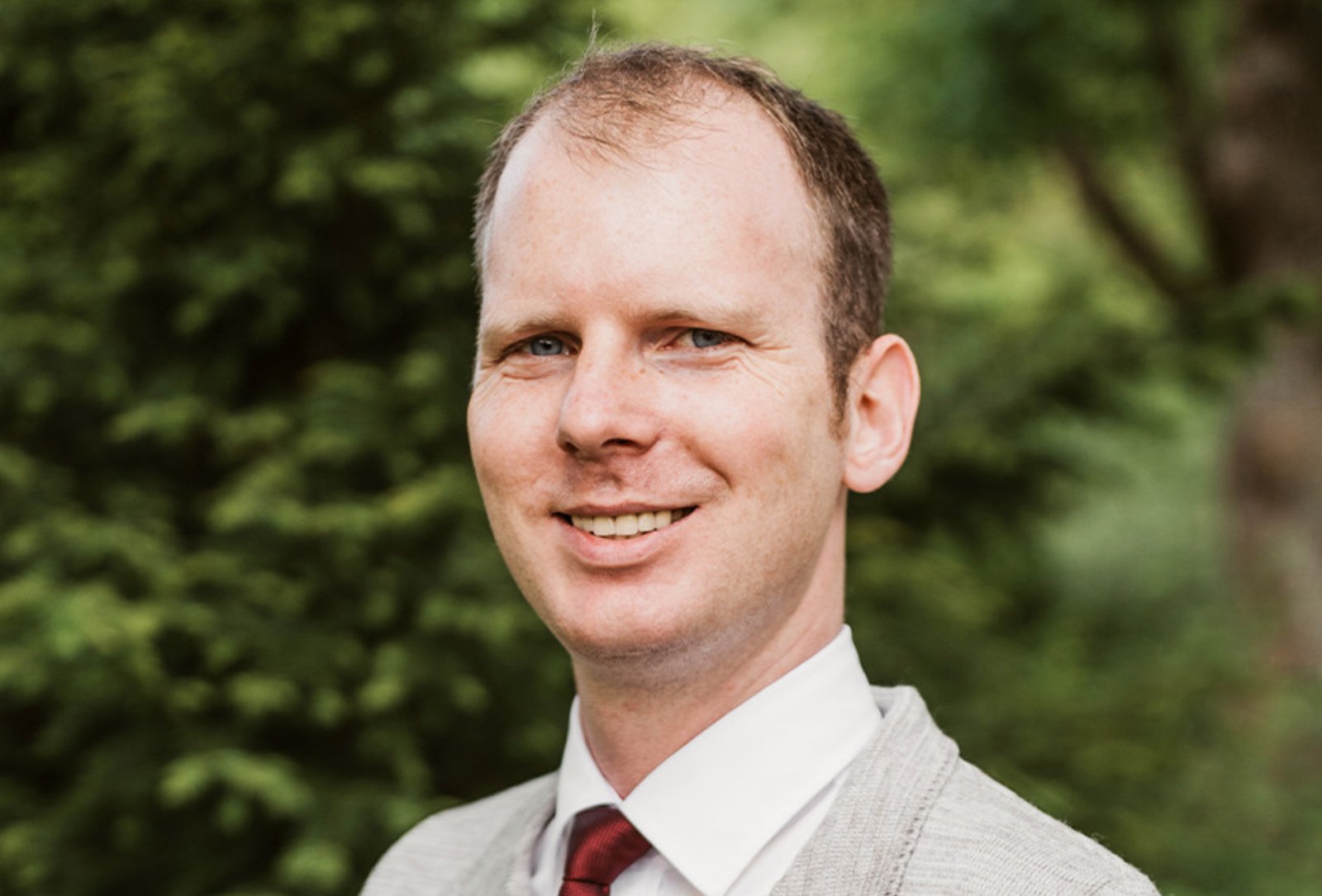A recent memoir about the conflict between a daughter and her mother, a Jehovah’s Witness, should be understood in the context of local controversies.
by Rosita Šorytė
Article 1 of 3.

Critics of minority religions labeled as “cults” almost invariably back their extreme accusations with testimonies from “apostates.” “Apostate” is neither derogatory nor interchangeable with “ex-member.” Sociologists of religion define “apostates” as ex-members who become active adversaries of the religious organizations they departed from. However, not all or even most ex-members fit this description; many move on without participating in anti-religious efforts.
Apostates are the only ex-members who approach the media and produce exposés. Consequently, reporters often mistakenly perceive apostates as representative of the larger group of ex-members, despite empirical research showing that they constitute a relatively small fraction.
The media often accepts apostate accounts without question. Yet, there have been cases where pseudo-apostates have misled journalists and followers of opposing religions who believed them.
Thousands of English-speaking Protestants have received or bought at least one tract from The Gospel Hour, a Christian conservative ministry established by South Carolina Baptist preacher Oliver Boyce Greene. His four-page tracts were simple to read, and he asserted that they converted 200,000 people to his version of Christianity.
A well-known tract published by Greene under several titles, such as “Ye Shall Know the Truth and the Truth Will Make You Free,” or “I Wish I Might Testify to Every Jehovah’s Witness on Earth—What I Have Experienced Since I Became a Christian,” was authored by Ollie Bell Pollard. It recounts the compelling tale of a Jehovah’s Witness who, intrigued, attended one of Greene’s revival meetings. He was particularly moved by the evangelist’s determination to continue after a cyclone struck the tent where the event was held.
As he reports, Pollard felt impressed and slightly frightened by Greene’s powerful sermon about the flames of Hell. He recognized that Jehovah’s Witnesses were not part of the true Protestant faith and believed they would end up in Hell. Pollard stated, “I was convinced that the teachings of the Jehovah’s Witnesses were error and not the Truth that makes men free. I wanted the Truth, and I believed the evangelist was accurately conveying it from the Bible.”

The only issue with this account is that Pollard was never a Jehovah’s Witness. While we could reasonably speculate that he had an interest in Jehovah’s Witness publications, this does not imply that he was baptized or a member of the organization, which he was not.
Pollard’s case is not uncommon. It can act as a warning regarding accounts from apostates. Though some are credible and heartfelt, journalists must thoroughly research and accurately verify the facts.
This approach should also apply to the now fashionable accounts from second‑generation apostates. There is now a cottage industry of books published by women and men who share their traumatic experiences with parents they view as members of “cults.” They narrate their efforts to escape the control and “brainwashing” they suffered during childhood.
Jehovah’s Witnesses rank among the primary groups targeted by such accounts. I will focus on a specific example, the book “Pasaulietė” (Secular), published in 2024 in Lithuanian by photographer and stylist Deimantė Rudžinskaitė (Vilnius: Baltos lankos), following a brief introduction to the Lithuanian context.
Lithuania is mainly Catholic, although a 2022 study revealed that only 16% of the population attends Mass regularly. While Lithuania identifies as a secular state, the Catholic Church continues influencing politics and public life.
The Lithuanian Catholic Bishops, generally more conservative than those in other nations, have opposed efforts to grant other religions the same legal status as the Catholic Church. A notable example is the long saga of Romuva, a group that advocates for Lithuania’s pre-Christian faith. Although Romuva is relatively small and poses no real threat to Catholic dominance, in 2019 the head of the Lithuanian Bishops’ Conference, Archbishop Gintaras Grušas, sent an email to all Seimas (Parliament) members outlining why the “neo-pagan” group should not receive recognition. After the Archbishop’s letter, the Seimas voted against granting Romuva recognition.
Romuva took its case to the European Court of Human Rights, which determined in 2021 that the organization faced discrimination due to its beliefs, labeling this stance “incompatible with the State’s obligation to remain neutral and impartial.” Ultimately, Romuva was officially recognized following a new vote by the Seimas on December 12, 2024.

Rudžinskaitė’s book benefited from an effective launch campaign and coverage from major Lithuanian media outlets. Several mentioned that on June 6, 2024, the Seimas had voted against granting Jehovah’s Witnesses the higher recognition they had requested. Eighty-eight Seimas members voted against granting state recognition to Jehovah’s Witnesses, two were in favor, and three abstained. Rudžinskaitė’s book was cited as evidence that the Seimas had been justified in its refusal.
The Seimas, relying on a report from the Ministry of Justice, identified two main grounds for denying registration. First, the Jehovah’s Witnesses’ refusal of blood transfusions was considered incompatible with the constitutional value of life, especially concerning the welfare of children. Second, the Jehovah’s Witnesses are conscientious objectors and would not defend the country in the event of a foreign invasion.
Naturally, the concern over a potential foreign invasion feels especially pressing in Lithuania following Russia’s aggression against Ukraine in 2022. This urgency parallels the challenges faced for decades by Jehovah’s Witnesses in South Korea, a nation perceiving a threat of invasion from North Korea, until a 2018 Supreme Court decision recognized conscientious objection.
Lithuania received clear guidance from the European Court of Human Rights in the 2022 case of “Teliatnikov v. Lithuania.” Jehovah’s Witnesses are willing to undertake alternative civil service if it is not under military control. In Lithuania, conscientious objectors may choose to participate in “alternative national defense service,” which the military controls.
As a result, Stanislav Teliatnikov, a Jehovah’s Witness, declined both military and alternative national defense services. He sought to be excused on two grounds: first, as a conscientious objector, and second, because he served as a minister within the Jehovah’s Witnesses, which should provide him with a ministerial exception. The second argument was rejected since the military authorities asserted that the exception applies only to ministers of religion with the higher level of state recognition, thus excluding Jehovah’s Witnesses. Similar principles guided the decision “Rutkauskas v. Lithuania” of August 26, 2025, where the European Court of Human Rights again found in favor of a Jehovah’s Witness conscientious objector and against the Lithuanian government.
The European Court of Human Rights has repeatedly stated that member states need to offer conscientious objectors a genuine civilian service option. The Court noted that in Lithuania, since the alternative service was still managed by the military, it failed to meet the criteria of being a “genuine civilian” service. Consequently, Lithuania was directed to revise its Law on Military Conscription, which it did. When the new law will come into force on January 1, 2026, the problem of the Jehovah’s Witnesses as conscientious objectors may be resolved, assuming that the corresponding regulations will clarify that the Ministry of Defense will have no role in organizing or supervising the civilian service. As mentioned earlier, the Jehovah’s Witnesses accept alternative civilian service as long as it remains independent of military oversight.

The issue of blood transfusions will persist. However, the Ministry of Justice and its experts (whose report I have consulted) failed to consider the European Court of Human Rights case law and the situation in other countries, including those in the European Union. The Court has repeatedly stated that, when clearly expressed by patients, the decisions of adults to refuse medical treatments, including blood transfusions, are protected by the right to privacy under Article 8 of the European Convention on Human Rights. In the case of Jehovah’s Witnesses, since the refusal of blood transfusions stems from religious reasons, their rights are also protected by Article 9 of the Convention, on freedom of thought, conscience, and religion.
In the case of minors, a judge may temporarily suspend parental authority when doctors deem a blood transfusion on a minor necessary, but parents or guardians refuse consent. Courts in democratic nations advise that such actions should be considered only in exceptional cases. In Italy, which has one of the highest per capita populations of Jehovah’s Witnesses, courts have ruled that parents adhering to Jehovah’s Witness beliefs who seek medical alternatives to blood transfusions are not demonstrating “parental inadequacy.” Instead, they are exercising their constitutional rights as parents.
Therefore, it seems that, similar to what the European Court of Human Rights suspected in the Romuva case, denying the higher form of registration to Jehovah’s Witnesses in Lithuania stemmed from political and ideological motives rather than solely legal grounds. On June 26, 2025, the Lithuanian Constitutional Court agreed to re-examine the issue.

Rosita Šorytė was born on September 2, 1965 in Lithuania. In 1988, she graduated from the University of Vilnius in French Language and Literature. In 1994, she got her diploma in international relations from the Institut International d’Administration Publique in Paris.
In 1992, Rosita Šorytė joined the Ministry of Foreign Affairs of Lithuania. She has been posted to the Permanent Mission of Lithuania to UNESCO (Paris, 1994-1996), to the Permanent Mission of Lithuania to the Council of Europe (Strasbourg, 1996-1998), and was Minister Counselor at the Permanent Mission of Lithuania to the United Nations in 2014-2017, where she had already worked in 2003-2006. In 2011, she worked as the representative of the Lithuanian Chairmanship of the OSCE (Organization for Security and Cooperation in Europe) at the Office for Democratic Institutions and Human Rights (Warsaw). In 2013, she chaired the European Union Working Group on Humanitarian Aid on behalf of the Lithuanian pro tempore presidency of the European Union. As a diplomat, she specialized in disarmament, humanitarian aid and peacekeeping issues, with a special interest in the Middle East and religious persecution and discrimination in the area. She also served in elections observation missions in Bosnia and Herzegovina, Georgia, Belarus, Burundi, and Senegal.
Her personal interests, outside of international relations and humanitarian aid, include spirituality, world religions, and art. She takes a special interest in refugees escaping their countries due to religious persecution and is co-founder and President of ORLIR, the International Observatory of Religious Liberty of Refugees. She is the author, inter alia, of “Religious Persecution, Refugees, and Right of Asylum,” The Journal of CESNUR, 2(1), 2018, 78–99.
Languages (fluent): Lithuanian, English, French, Russian.



